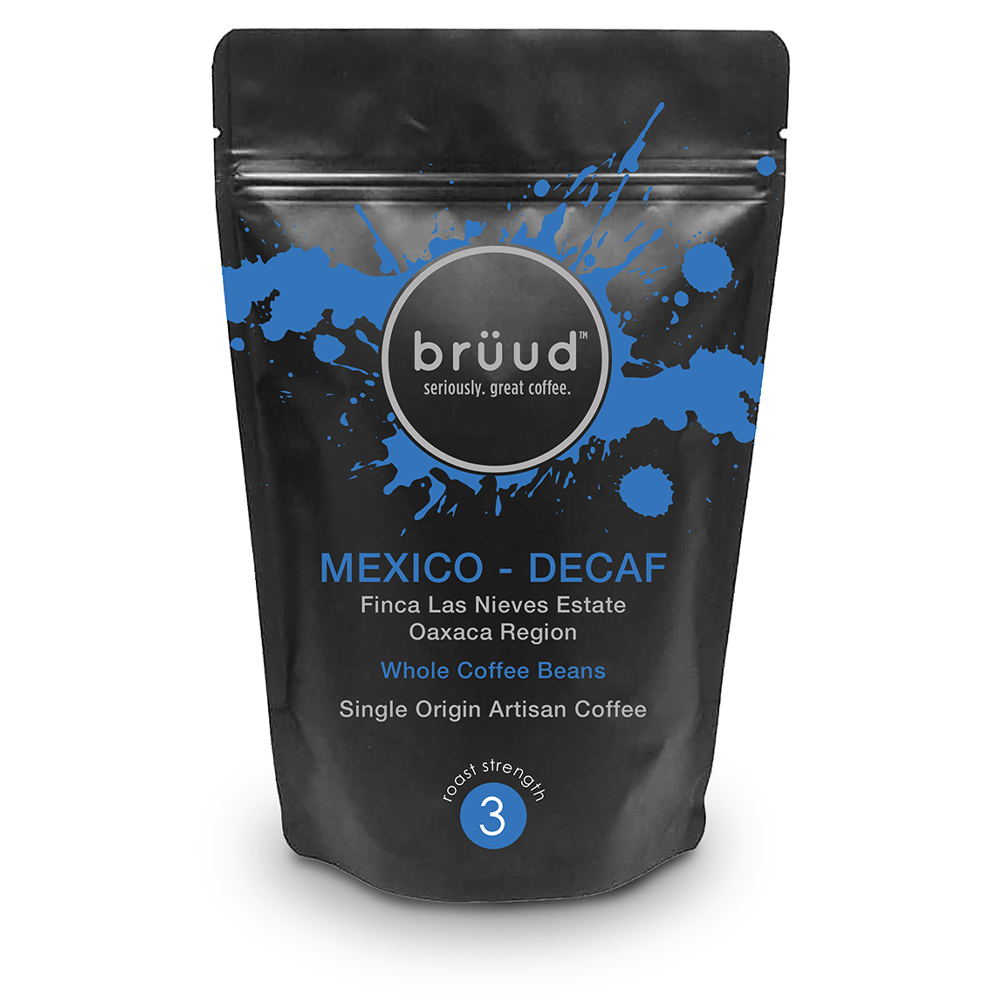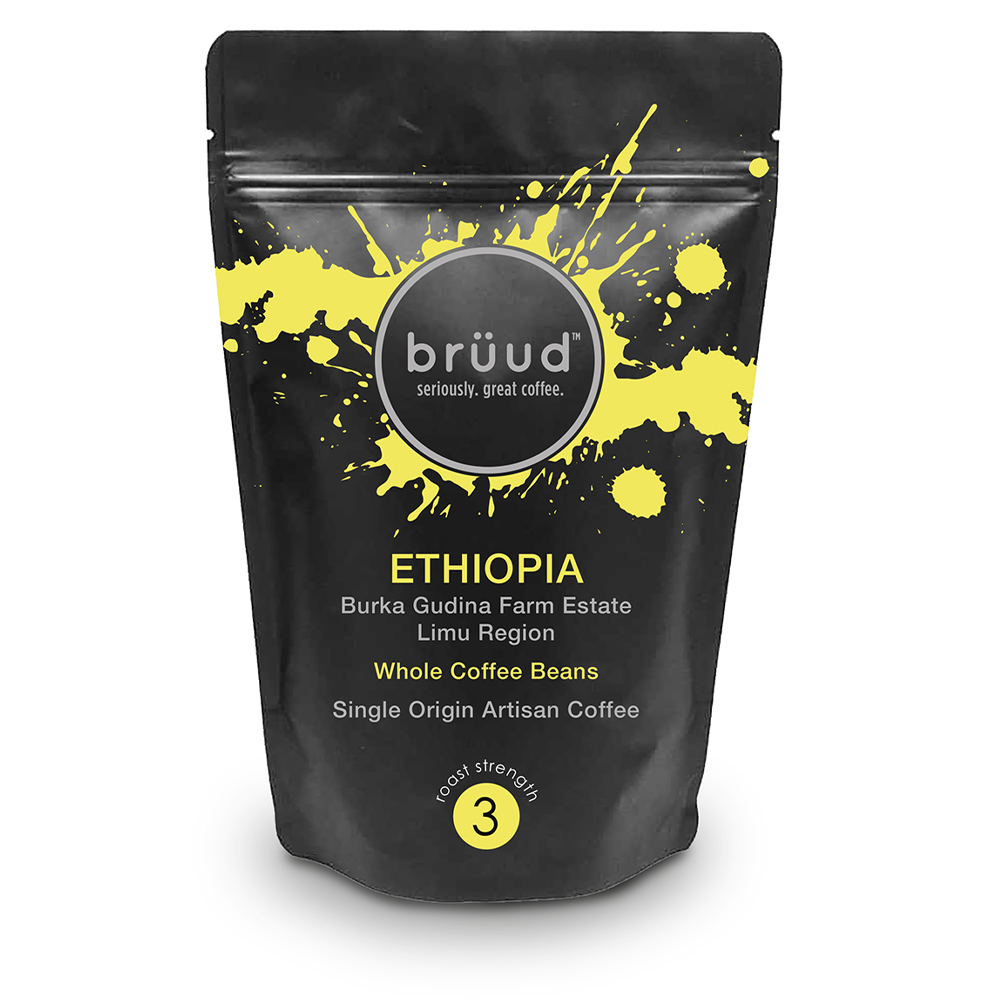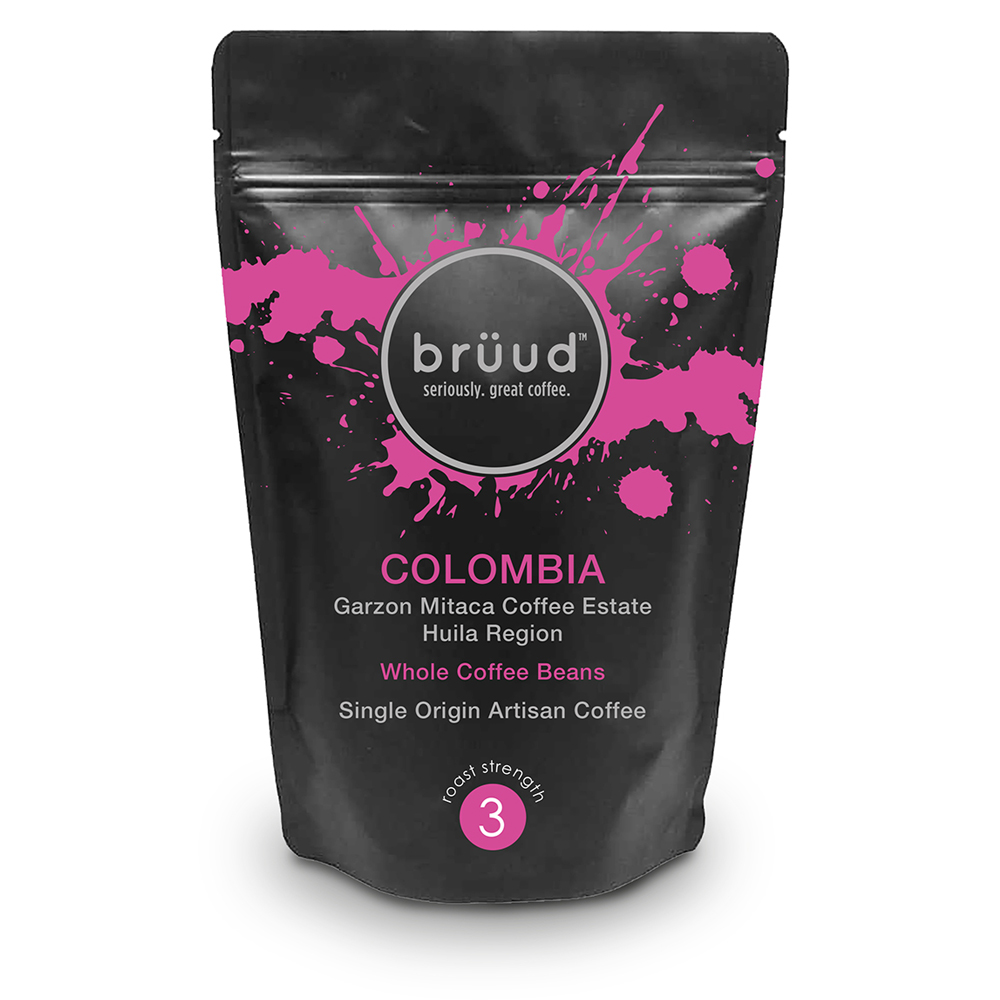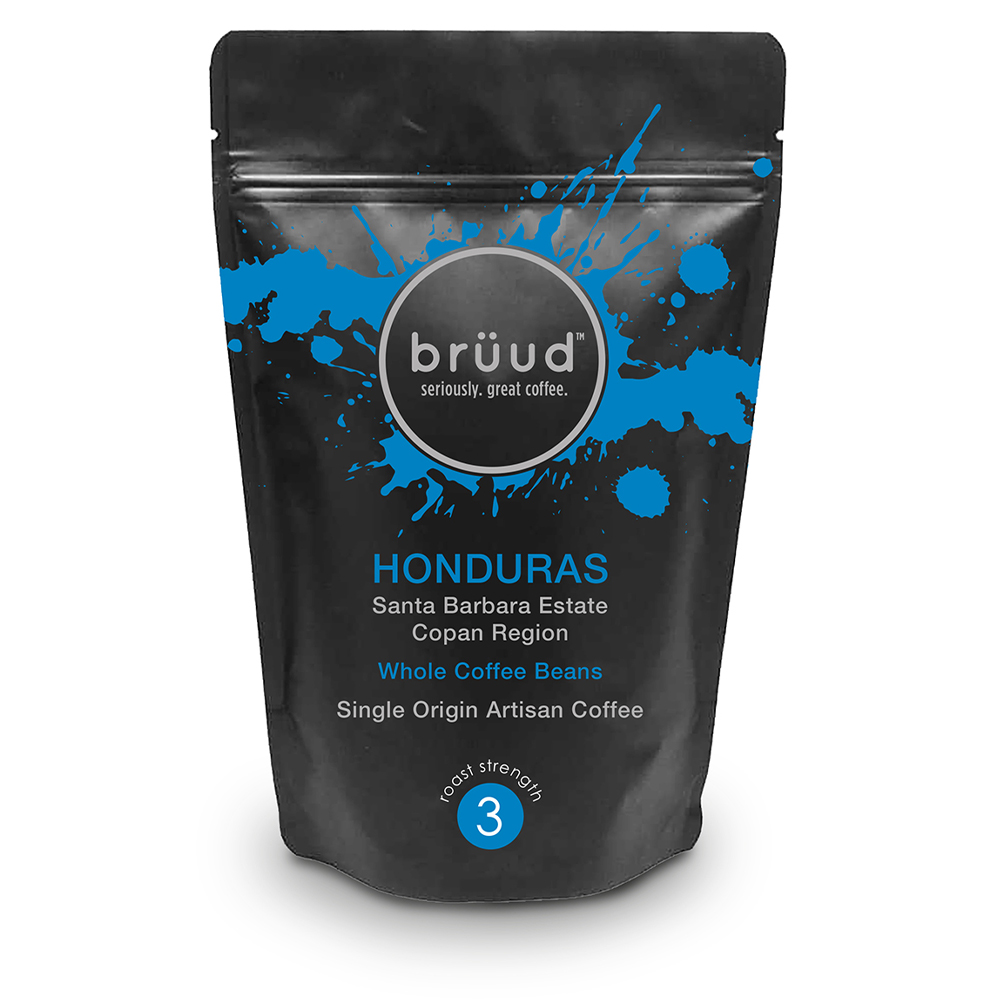Coffee and Fitness... The Answers

Coffee and Fitness
While coffee is commonly thought of as a beverage to help you wake up in the morning, it can also be used as an exercise and fitness aid. Here are a few possible advantages:
- Increased energy and endurance: The caffeine in coffee can help boost your energy levels, allowing you to exercise for longer periods of time. It may also help reduce perceived exertion, making workouts feel easier.
- Improved focus: Coffee can help increase focus and concentration, which is useful for workouts that require cerebral focus, such as weightlifting or yoga.
- Reduced muscle soreness: According to some studies, coffee can help reduce muscle soreness after exercise, allowing you to recover faster and return to your workouts sooner.
- Increased fat burning: Caffeine has been shown to boost metabolism, which can result in greater fat-burning during exercise. This is especially useful during cardio exercises like running or cycling.
It's important to note that coffee should be used in moderation and should not be relied on as the sole means of improving exercise performance. Additionally, people sensitive to caffeine or with certain health conditions should consult with a healthcare provider before using coffee as an exercise tool.
Caffeine in Coffee
Some evidence suggests that coffee can improve workout performance in certain situations. Caffeine, the primary active ingredient in coffee, is a stimulant that can increase alertness, reduce fatigue, and improve mental focus. These effects can be beneficial for exercise, as they may help you train harder and for longer periods.
Studies have shown that caffeine can improve endurance performance, such as running or cycling, by reducing the perceived exertion and increasing the time to exhaustion. Caffeine may also help enhance power and strength during activities such as weightlifting.
However, it's important to note that the effects of caffeine on exercise performance can vary depending on individual factors such as body weight, tolerance to caffeine, and the type and duration of exercise.
Additionally, excessive caffeine consumption can have negative side effects such as jitteriness, anxiety, and disrupted sleep patterns. Therefore, it's advised to consume caffeine in moderation and to avoid taking it too close to bedtime.
Coffee Before or After Working Out?
While coffee can benefit workout performance, it's important to remember that a well-rounded exercise routine and a balanced diet are the most important factors for achieving optimal fitness results. Whether to have coffee before or after a workout depends on your individual preferences and the type of exercise you are doing.
Before a Workout
Having coffee before a workout can help to improve performance by providing an energy boost and reducing fatigue. It can also help to improve mental focus and alertness, which can be beneficial for activities that require concentration, such as weightlifting or high-intensity interval training.
However, it's important to keep in mind that caffeine can have diuretic effects, which may increase the risk of dehydration during exercise. If you choose to have coffee before a workout, it's important to drink plenty of water before, during, and after your workout to stay hydrated.
After a Workout
On the other hand, having coffee after a workout can also have benefits. It can help to reduce muscle soreness and fatigue and may help to promote muscle recovery and growth. Additionally, it can provide a source of energy and mental alertness for the rest of the day.
Ultimately, deciding whether to have coffee before or after a workout depends on your preferences and the type of exercise you are doing. Some people find that coffee before a workout helps them perform better, while others prefer to have coffee after to help with recovery. Experiment with both and see what works best for you.
Calories in Coffee
Black coffee is a low-calorie beverage without any added sugar, cream, or milk. A typical 8-ounce (240-millilitre) cup of black coffee contains only 1-2 calories.
However, the calorie count can quickly increase once you add sugar, cream, or milk to your coffee. For example, a teaspoon of sugar adds about 16 calories to your coffee, while a tablespoon of cream adds about 52 calories.
Therefore, if you're trying to keep your calorie intake low, drinking your coffee black or with a low-calorie alternative like almond milk or a sugar-free sweetener is best.
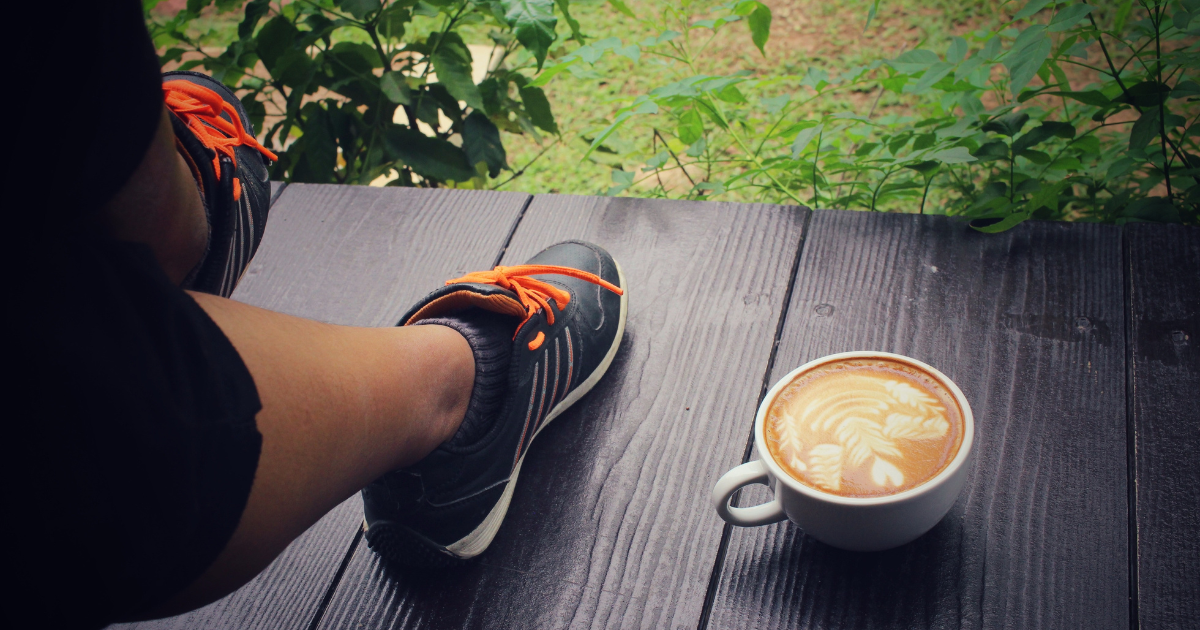
Coffee to Try for your Next Workout
Most studies on coffee's effects on sports performance have used instant or regular coffee, though other brewing methods, such as a French press, pod brewing systems, and espresso, are likely to impart the same benefits.
We have a variety of coffees available on our website that you can check out for your next workout; discover our coffees here.



